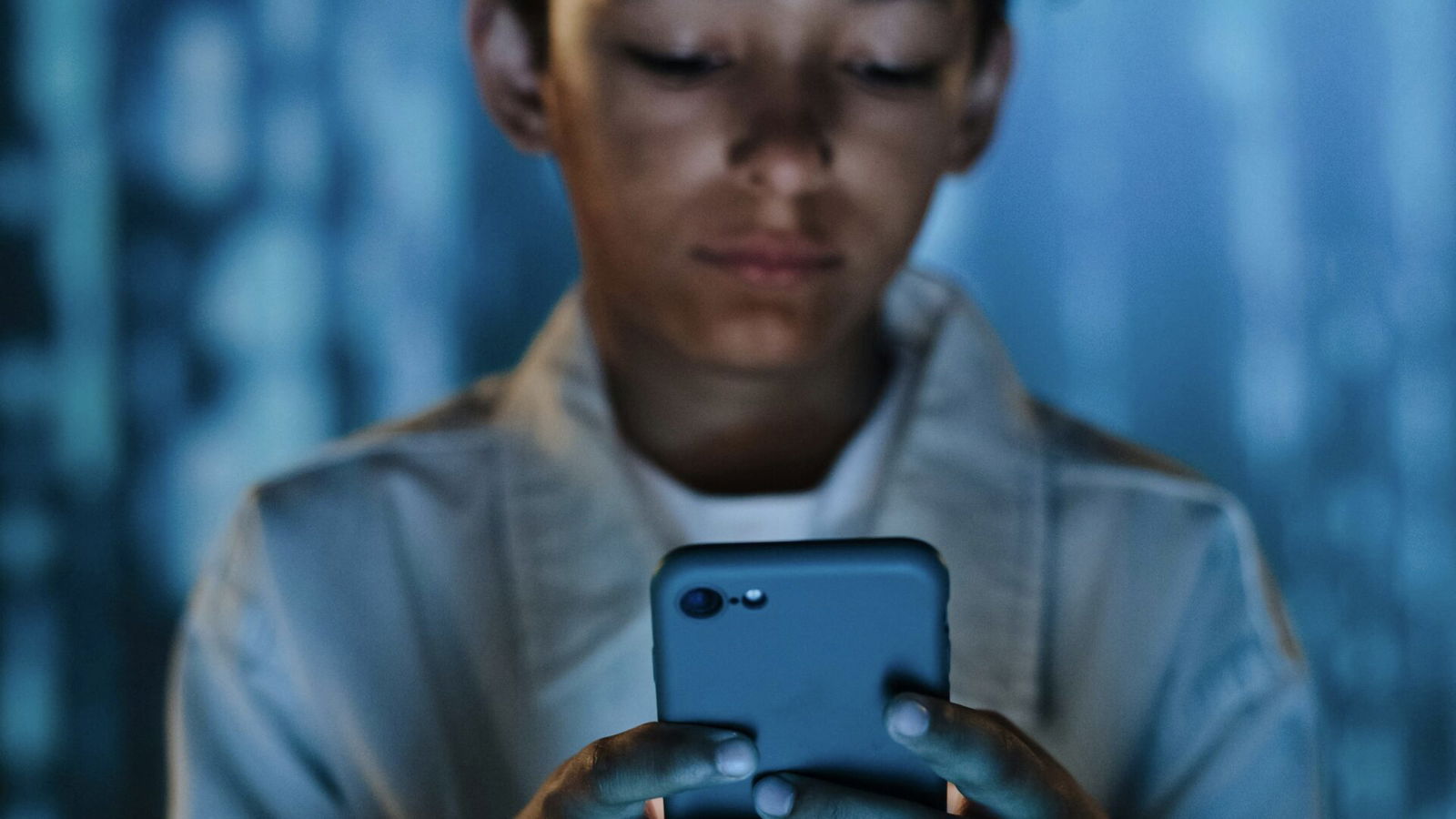
By Gavin Boyle
As AI chatbots become more commonplace in today’s world, parents wonder if it is okay for their child to use the technology — and what to look out for in regards to safety concerns.
“Chatbots aren’t all bad…For shy or anxious kids, they can be a safe space to practice conversations without the fear of being judged, which is something young people can be worried about these days…” said internet safety expert Titiana Jordan. “Some kids even use them to ask questions they might feel too embarrassed to bring up with parents or teachers.”
While there are some positives that come with chatting with AI chatbots, Jordan was quick to point out that there are serious dangers as well. For example, many of these sites can’t be monitored, nor do they provide an experience aimed at kids. Thus, they can sometimes expose users to adult content unprompted or fail to flag worrisome behavior.
Related: Yikes! Meta Chatbot Gets Sexually Explicit With Minors
The failings of these companies have been on full display in recent years as researchers have found just how easy it is to access sexual content through them, while some parents have accused these chatbots of harming their kids. Tragically, some kids have even taken their lives with the help of these chatbots, further revealing just how dangerous they can be for young users.
Unfortunately, most of these chatbots are available for free, meaning it can be extremely difficult to stop a child from accessing them altogether. Like all internet safety, the most important step parents can take is to build a strong, open relationship with their children and ask them frequent questions about their experiences online. Furthermore, parents should set a positive example for their children about how to use technology in general in a healthy way.
Is It Okay for Kids to Use AI Chatbots?
Meanwhile, AI chatbot companies are beginning to take child safety seriously. ChatGPT, for example, recently introduced parental controls to help parents monitor the content their kids are discussing with the AI, while also receiving warnings if their children discuss troublesome topics.
“Available to all ChatGPT users starting today, parental controls allow parents to link their account with their teen’s account and customize settings for a safe, age-appropriate experience,” ChatGPT’s parent company, OpenAI, said.
Parents, however, should be careful about relying too much on these parental controls as they are relatively easy to circumvent and do not always work as intended. Nonetheless, it is encouraging to see the company begin to take the safety of its young users seriously.
Thus, while chatbots can pose serious risks for children, they are not inherently harmful and can have some positive effects. However, parents should be extremely cautious and keep up to date about the dangers that this technology can pose.
Read Next: ChatGPT to Introduce Age Detection Tool to Protect Minors, But Is It Enough?
Questions or comments? Please write to us here.


 - Content:
- Content: 
 – Content:
– Content: 
